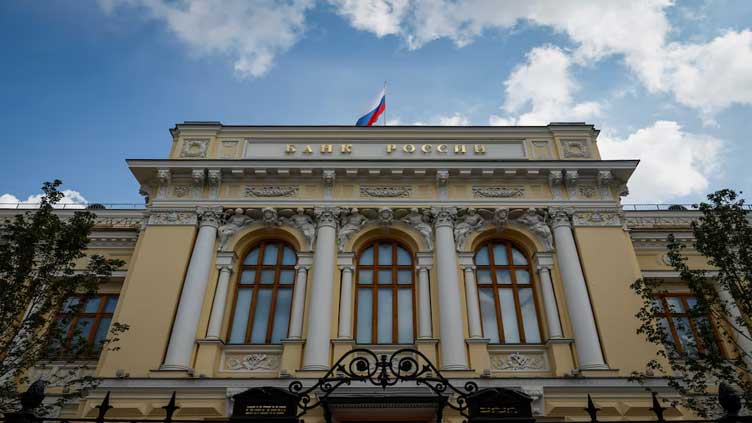Russian regulator encourages use of crypto to counter sanctions

Technology
Russian regulator encourages use of crypto to counter sanctions
ST.PETERSBURG (Reuters) - Russia's central bank told businesses they should use "multiple choice solutions" including cryptocurrencies and other digital assets to facilitate payments with foreign partners to counter Western sanctions imposed over the Ukraine conflict.
Russia’s booming trade with China, India, the United Arab Emirates, Turkey and other countries that have not imposed sanctions has suffered major setbacks in the last few weeks.
Recent Western sanctions have targeted major Russian financial institutions, including the Moscow Stock Exchange and Russia's domestic alternative to the SWIFT global payments system.
Elvira Nabiullina, governor of the central bank, admitted that payment problems were one of the key challenges for the Russian economy.
"New financial technology creates opportunities for schemes which did not exist before. This is why we softened our stance on the use of cryptocurrencies in international payments, allowing the use of digital assets in such payments," Nabiullina told a financial conference in St.Petersburg.
"Different alternatives are being discussed. Businesses have become very flexible, very enterprising. They find ways to solve this and often don’t even share them with us," she said.
Nabiullina said Russia’s business partners in various countries were under "tremendous pressure" but said a new global payments system not involving Western institutions would gradually emerge since many countries felt vulnerable using only one international payment system with no alternatives.
Nabiullina said Russia and other countries from the BRICS grouping of countries were in discussions over the BRICS Bridge payments system, which would be designed to bridge the financial systems of member countries.
But she added that the discussions were difficult and that it would take time to create such a system.
Andrei Kostin, head of Russia’s second-largest lender VTB, which recently had sanctions imposed on its branch in Shanghai and was sitting alongside Nabiullina, said that any information about mechanisms to facilitate international payments should be made a "state secret" by law due to its sensitivity.
"I can see very well that right now somewhere at the U.S. embassy, a second secretary is sitting and writing down every public statement of ours. Maybe he is even sitting here. Whatever steps we take, we can see that the reaction [from Western countries] is very quick," he said.


